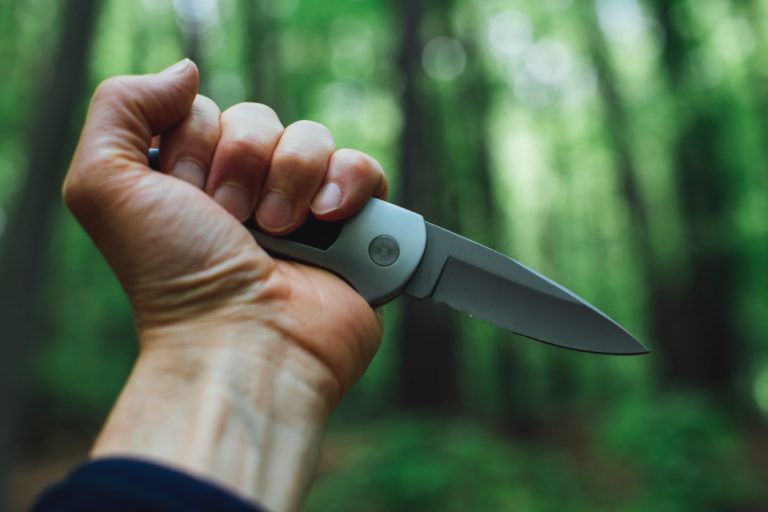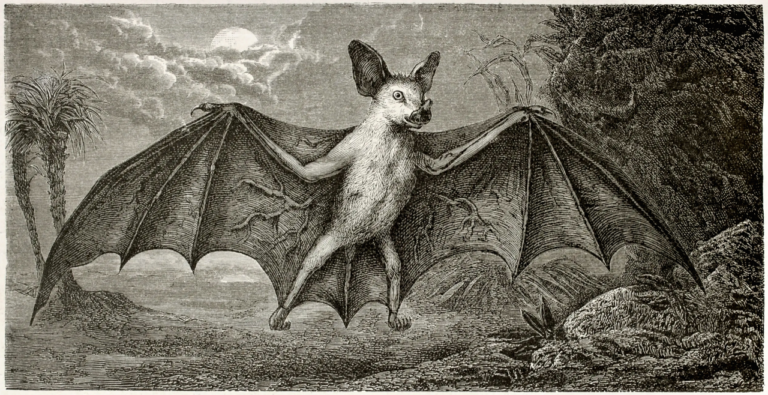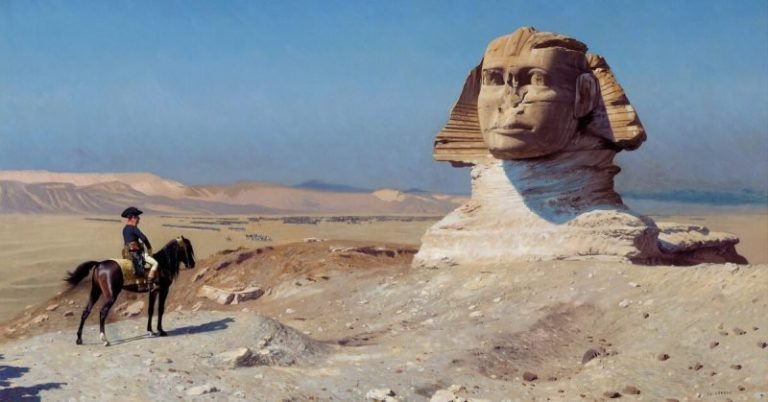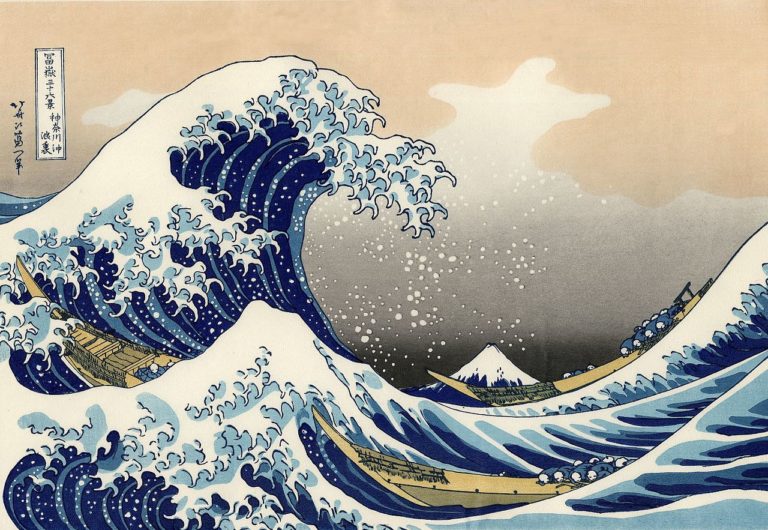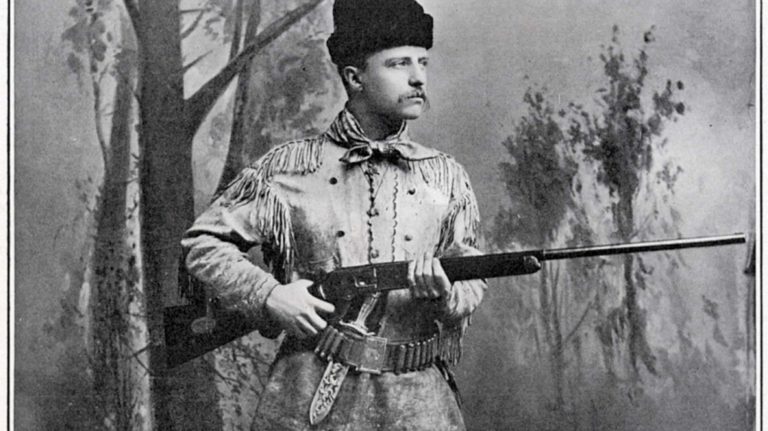Why the Zombie Craze Will Survive ‘The Walking Dead’
Like the zombies that populate its fictional landscape, “The Walking Dead” franchise keeps lurching forward, seemingly invulnerable to all the forces that usually doom television shows (slowly declining ratings, main cast members’ departures, and so on). The central premise—a group of hardy survivors enduring the zombie apocalypse—has proven exceptionally durable for more than a decade, but how much longer can it hold up?
If AMC, the network behind the series, had its way, some variation of “The Walking Dead” would likely play on televisions and smartphones around the world until, well, doomsday. As the main show comes to an end after 11 seasons, its first offshoot (“Fear the Walking Dead”) will continue onwards, its main cast dealing not only with zombie apocalypse, but also nuclear fallout (it’s… a very long and complicated story). The second season of the teenager-led “The Walking Dead: World Beyond” will conclude in December, and there are plans for “Tales of the Walking Dead,” an anthology series. That’s in addition to yet another offshoot that’ll star Norman Reedus and Melissa McBride, two of the original “Walking Dead” cast members, after the main series concludes.
The corporate goal here is obvious: As networks and media companies shift to the brave new world of streaming (Disney+, Paramount+, AMC+, and so on), the need to generate content is more pressing than ever. Zombies are AMC’s most-established asset—at least until audiences get sick of the whole thing.

Fortunately, the market for shuffling undead hasn’t seemed to weaken. Thousands of authors have published (or self-published) zombie novels, with no end in sight. Popular video games, from the “Call of Duty” franchise to various shooters for iPhone and Android, give players the opportunity to survive amidst the decomposing hordes.
What’s behind this popularity? George A. Romero, who established the parameters of the modern undead apocalypse with “Night of the Living Dead” (1968), intended his unintelligent shufflers as an unsubtle critique of American culture. “I always used the zombie as a character for satire or a political criticism and I find that missing in what’s happening now,” he once told Time magazine. (In other words, he wasn’t a fan of “The Walking Dead.”) Perhaps we see a bit of ourselves in those hungry moaners, a subconscious kinship we don’t share with sleek vampires or tragically hirsute werewolves.
David Castillo, literature professor at the University at Buffalo, seems to back that idea. “They reveal who fundamentally we fear we are, and they also warn us about the collective choices we’re making,” he explained to Voice of America a few years ago. “Really, there is a general perception of crisis. More and more we suspect we are living at the very edge.” These days, between COVID and political turmoil and inflation and everything else, it’d be hard to find people in the United States who disagree.
Other theories touch on that same sense of imminent catastrophe, often while taking a broader historical focus. Angela Becerra Vidergar, a Stanford literary scholar, suggested several years ago that the fascination with zombies has its roots in World War II. “We use fictional narratives not only to emotionally cope with the possibility of impending doom,” she wrote, “but even more importantly perhaps to work through the ethical and philosophical frameworks that were in many ways left shattered in the wake of WWII.”
In the face of existential horror, she explained, there’s an increased interest in survivalism and the ethical quandaries that come with it. A show like “The Walking Dead” allows its audience “to work through some of those difficult, threatening ethical dilemmas, or to think about their own capacity for survival.”
The obsession could also have roots in recent events. The financial collapse of late 2008 unleashed a quickening movement toward self-sufficiency, particularly among city-dwellers: a increased fascination with urban farming, for instance, as well as the creation of currencies without government backing (Bitcoin); the rise of a “sharing economy,” as typified by online services such as Airbnb and Uber, likewise hints at a collective attempt to steer away from the older, perhaps more unreliable institutions and frameworks — why place your faith in a corporation when you can just as easily entrust it to the instant friend on the other side of a mobile app?
The COVID-19 pandemic only accelerated these impulses, driving many Millennials to give up on modern institutions altogether. When the virus first began to circulate through major American cities, many fled to homes in the countryside, never to return. Suddenly, things that had seemed of such paramount importance only a few months before, such as the grind of a 9-to-5 job, seemed much less critical. People had a chance to recalibrate, whether that meant starting a small farm or simply quitting their current position for something they found more fulfilling.
The protagonists of “The Walking Dead” and a thousand similar books and movies find themselves in a similar quandary, albeit one rendered more extreme thanks to millions of zombies lurking about. In all these stories, society has either collapsed or teeters on its last legs; there’s no electricity, rendering all gizmos useless; medicine is limited, and the old-time diseases are back. Faced with such epic challenges, our heroes prove unexpectedly handy — first they get over their society-imposed hesitations about shooting other human beings in the head (remember, kids: always aim for the brain), and then they learn to fix machines, build barriers, farm tiny plots, and run ad-hoc governments. They are self-starters, in a way your average person, shackled by daily concerns, can only dream.
They survive, and in doing so, offer a model for how we’d like to endure in a similar crisis. Even if they do horrible things in order to endure another day, the extremity of their situation effectively sidelines moral considerations — faced with the same dilemmas, who wouldn’t leave another survivor by the side of the road, or steal food?
Hopefully, our modern world won’t descend to such extremes, at least not in the near term. But it’s clear that the zombie phenomenon will continue to speak to how we see ourselves—and it will surely survive past the end of “The Walking Dead,” whenever that might actually happen.


